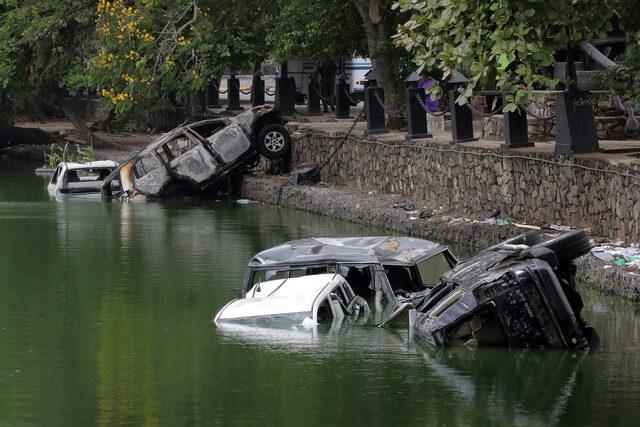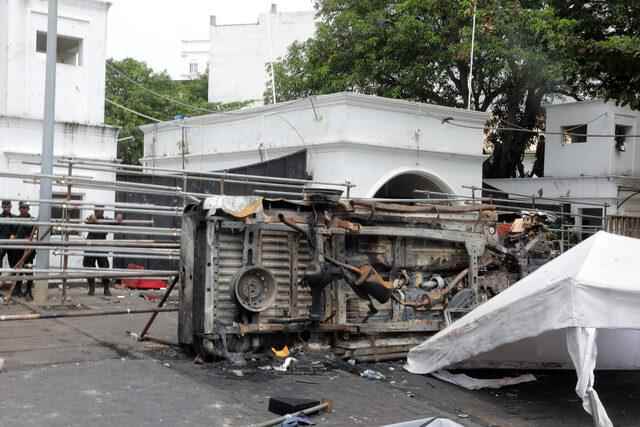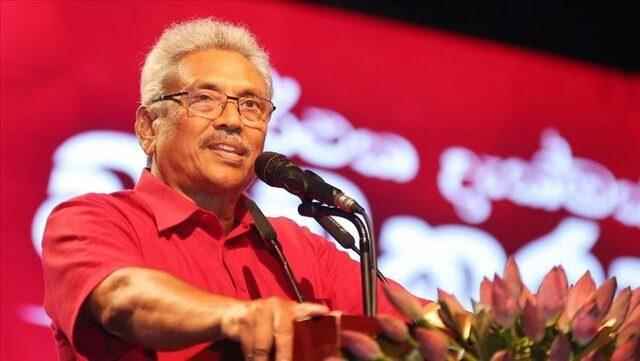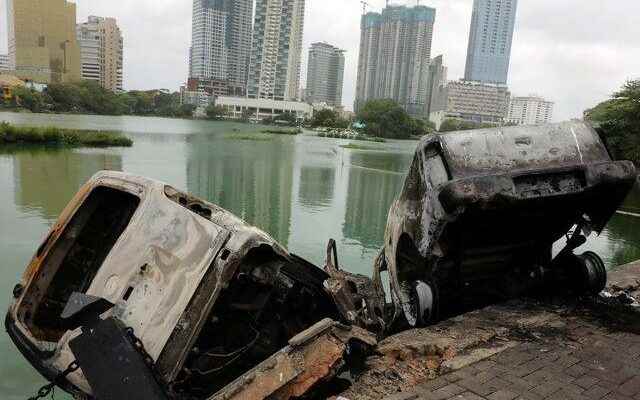Struggling with the worst economic crisis in its history, Sri Lanka is experiencing food and medicine shortages. President Gotabaya Rajapaksa cited the Kovid-19 outbreak and high inflation in the world as the cause of the economic crisis. Rajapaksa stated that other nations may also be affected by the long-term consequences of the epidemic.
“WE ARE IN A SERIOUS CRISIS”
Speaking online at the “Future of Asia” event organized by Nikkei in Tokyo, Rajapaksa said, “We are currently experiencing a serious economic crisis that has deeply affected the lives of all Sri Lankans and has resulted in social unrest.” said. “Supporting these vulnerable nations in such challenges is crucial for regional and global stability,” Rajapaksa said. used the phrase.
President Rajapaksa said they need the urgent assistance of the international community to meet urgent needs such as the supply of medicine and food.
EVENTS IN SRI LANKA
In Sri Lanka, which is facing the biggest economic crisis in its history, the protests intensified at the end of March after power cuts found 13 hours a day.

There was a clash between the demonstrators gathered around the Prime Minister’s Office and the supporters of the government in the country on May 9, and military units were called to duty in the capital Colombo.

PRIME MINISTER REsigned
After increasing pressure from the opposition, Prime Minister Mahinda Rajapaksa resigned on 9 May. The cabinet was also dissolved due to the resignation of the Prime Minister.

Sri Lankan President Gotabaya Rajapaksa appointed Ranil Wickremesinghe prime minister on 12 May. Wickremesinghe previously served three terms as prime minister in the country.
After the violence, a nationwide curfew was declared, and the government ordered that anyone who damaged public property or others during the protests be shot at.
In the protests that spread across the country, 8 people, including the ruling party deputy and 2 police officers, lost their lives and 250 people were injured.
Sri Lankans are currently struggling with fuel shortages, power cuts and rising food and transport prices.
